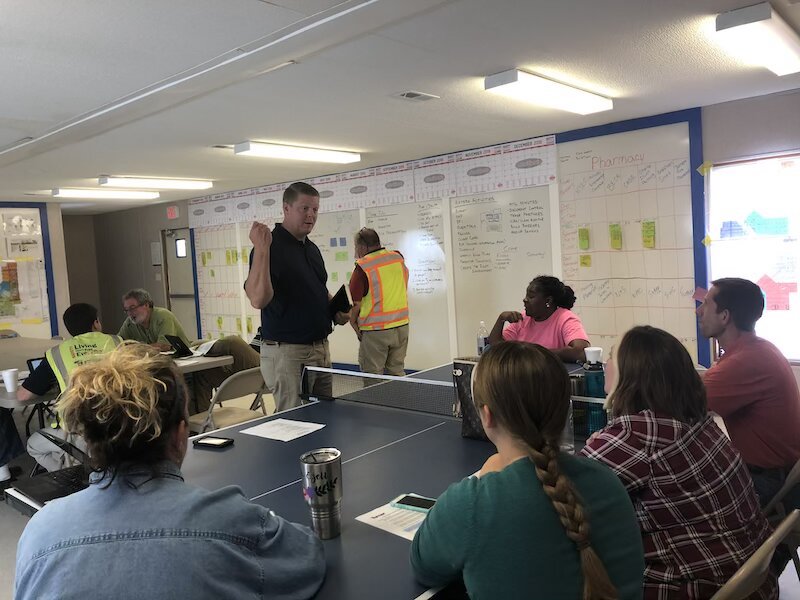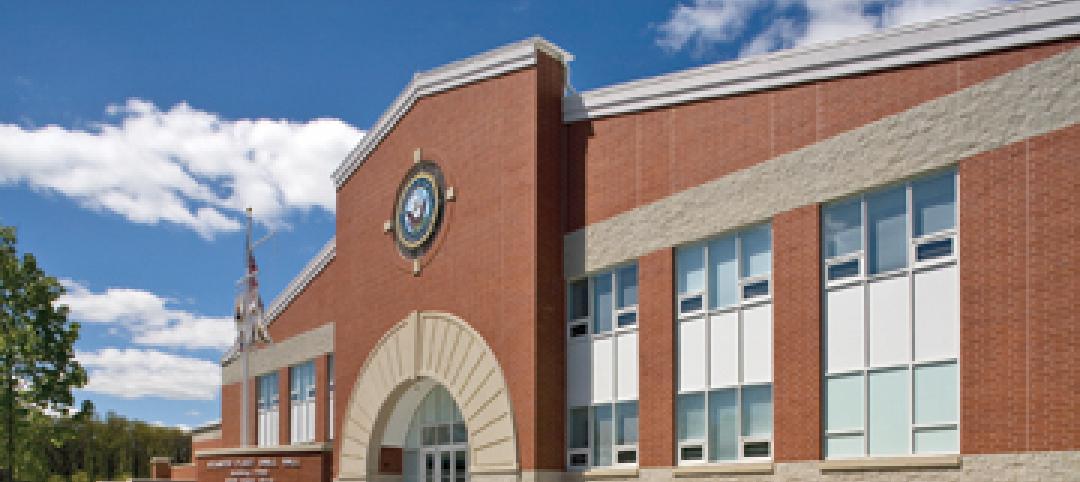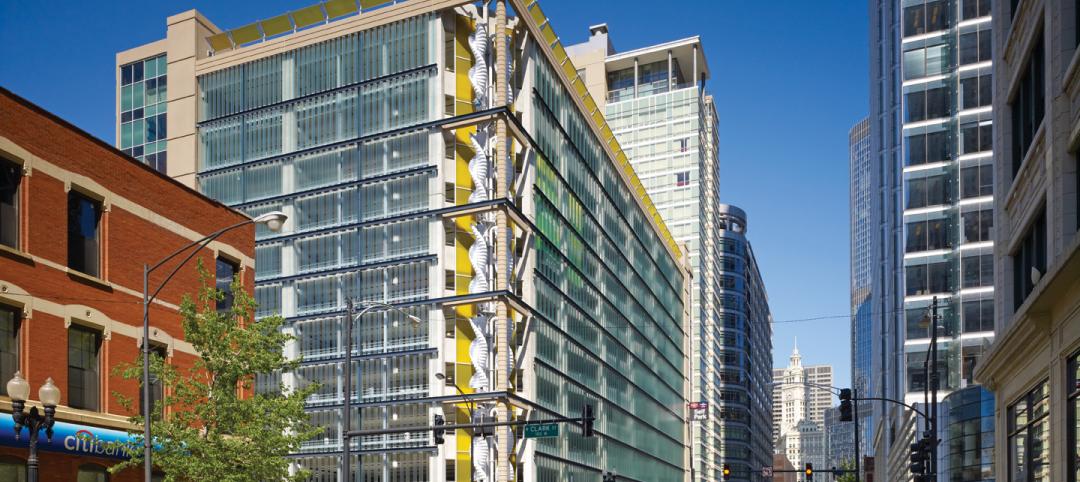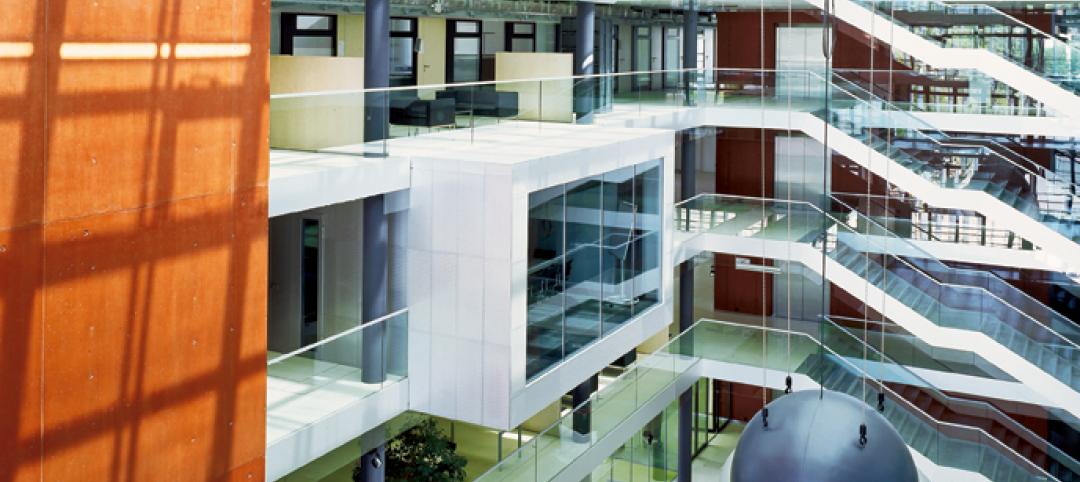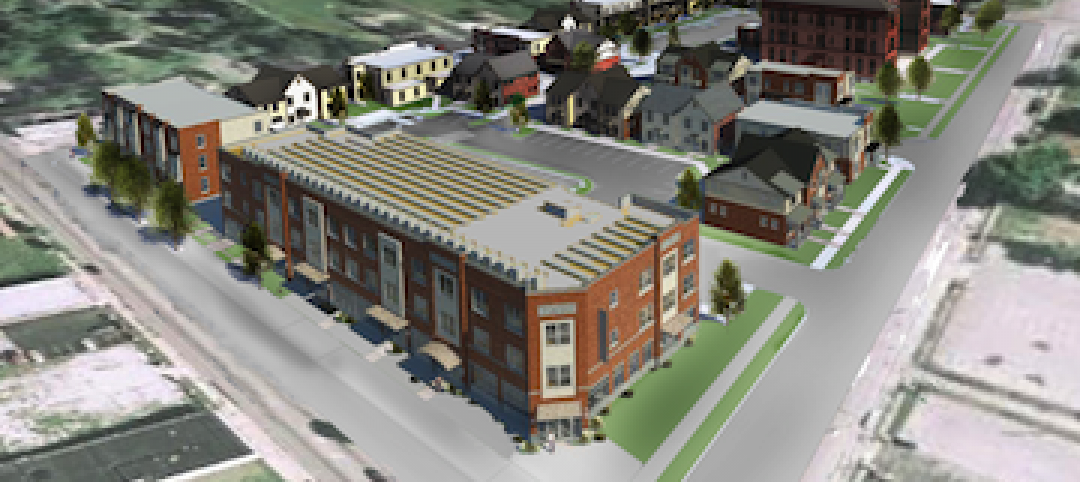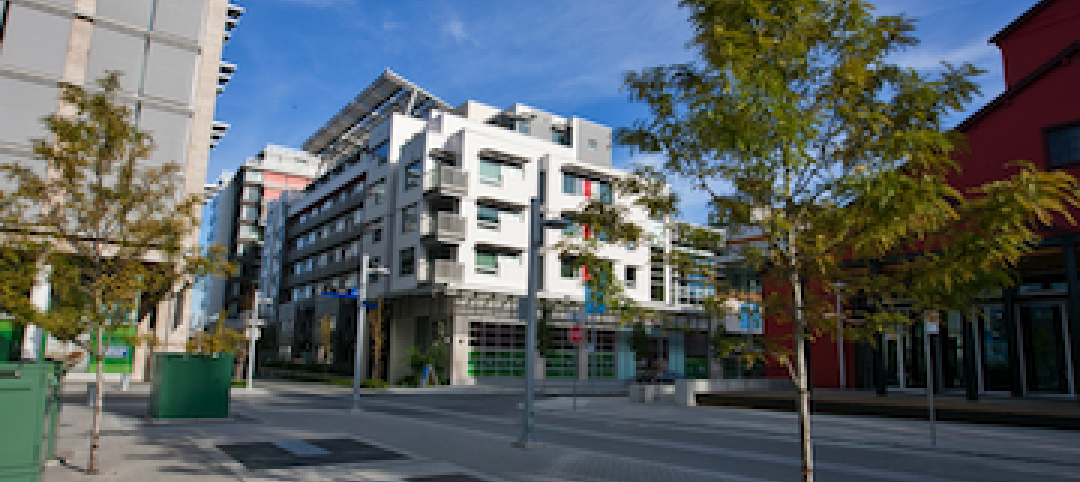Talk to contractors in just about any town in the country, and the topic of labor shortages inevitably comes up. Many contractors see the problem as being chronic with no end in sight, at least while the economy remains strong. But there are companies that are trying to do something about it, with an eye toward cultivating the next generation of plumbers, electricians, carpenters, and other construction laborers.
Earlier this month Lowe’s Cos., the giant home-improvement retailer, teamed with more than 60 partners to introduce Generation T, an effort to shift negative or indifferent perceptions about the trades among students and their parents by demonstrating mobility and career opportunities that skilled trades offer.
Lowe’s and SkillsUSA hosted the first-ever Generation T Bunk Build at Rose Bowl Stadium in Pasadena, Calif. This regional community service project provided 300 students enrolled in SkillsUSA’s carpentry program the chance to work with skilled carpenters to build 100 bunk beds for the nonprofit Sleep in Heavenly Place.
Last summer, Turner Construction’s Nashville office, in partnership with the Rutherford County (Tenn.) Chamber of Commerce, conducted a Teacher Externship Program, an immersive two-week course that gives local middle-school teachers exposure to the ins and outs of the construction industry, so they can share their experiences with their students.
This is the second year this program has been offered. The first year draw five teachers, and the second 20 participants, according to Paul Lawson, Project Executive of Turner Nashville.
Lawson—who chairs the Chamber’s Rutherford Works Construction Council and is a member of its Executive Workforce Council—says that the Teacher Externship Program is part of a larger effort by the Chamber and county to expand the market’s labor force.
The two-week program gave the teachers an inside look at how a construction company works. They spent time at Turner’s office with estimators and area managers. The teachers also went into the field at one of Turner’s local active job sites: a $48 million, 95,623-sf expansion of the St. Thomas Rutherford Hospital in Murfreesboro, Tenn., which is scheduled for completion next April. (Gresham Smith is the architect and engineer on this project.)
Lawson says the teachers “shadowed” project managers, two engineers, two supervisors, and the project’s safety manager.
Turner Nashville intends to offer this program next summer, and Lawson would like to expand the course beyond two weeks, “which is pretty quick” for giving teachers with no previous construction knowledge or hands-on understanding about what’s involved in building a building.
The program, he says, “has helped to open their eyes to what construction really is, and to dispel misconceptions about construction work,” says Lawson. “A teacher can have an impact on, what, 60 students a year.”
For teacher David Duez, the program was a revelation that he shared with his eighth-grade Career Explorations class through a series of lessons. “The kids are very interested in it,” he says. “They are young, but it doesn’t hurt to throw as much as we can at them, and if something sticks, great.”
Related Stories
| Nov 2, 2010
A Look Back at the Navy’s First LEED Gold
Building Design+Construction takes a retrospective tour of a pace-setting LEED project.
| Nov 2, 2010
Wind Power, Windy City-style
Building-integrated wind turbines lend a futuristic look to a parking structure in Chicago’s trendy River North neighborhood. Only time will tell how much power the wind devices will generate.
| Nov 2, 2010
Energy Analysis No Longer a Luxury
Back in the halcyon days of 2006, energy analysis of building design and performance was a luxury. Sure, many forward-thinking AEC firms ran their designs through services such as Autodesk’s Green Building Studio and IES’s Virtual Environment, and some facility managers used Honeywell’s Energy Manager and other monitoring software. Today, however, knowing exactly how much energy your building will produce and use is survival of the fittest as energy costs and green design requirements demand precision.
| Nov 2, 2010
Yudelson: ‘If It Doesn’t Perform, It Can’t Be Green’
Jerry Yudelson, prolific author and veteran green building expert, challenges Building Teams to think big when it comes to controlling energy use and reducing carbon emissions in buildings.
| Nov 2, 2010
Historic changes to commercial building energy codes drive energy efficiency, emissions reductions
Revisions to the commercial section of the 2012 International Energy Conservation Code (IECC) represent the largest single-step efficiency increase in the history of the national, model energy. The changes mean that new and renovated buildings constructed in jurisdictions that follow the 2012 IECC will use 30% less energy than those built to current standards.
| Nov 1, 2010
Sustainable, mixed-income housing to revitalize community
The $41 million Arlington Grove mixed-use development in St. Louis is viewed as a major step in revitalizing the community. Developed by McCormack Baron Salazar with KAI Design & Build (architect, MEP, GC), the project will add 112 new and renovated mixed-income rental units (market rate, low-income, and public housing) totaling 162,000 sf, plus 5,000 sf of commercial/retail space.
| Nov 1, 2010
John Pearce: First thing I tell designers: Do your homework!
John Pearce, FAIA, University Architect at Duke University, Durham, N.C., tells BD+C’s Robert Cassidy about the school’s construction plans and sustainability efforts, how to land work at Duke, and why he’s proceeding with caution when it comes to BIM.
| Nov 1, 2010
Vancouver’s former Olympic Village shoots for Gold
The first tenants of the Millennium Water development in Vancouver, B.C., were Olympic athletes competing in the 2010 Winter Games. Now the former Olympic Village, located on a 17-acre brownfield site, is being transformed into a residential neighborhood targeting LEED ND Gold. The buildings are expected to consume 30-70% less energy than comparable structures.
| Oct 27, 2010
Grid-neutral education complex to serve students, community
MVE Institutional designed the Downtown Educational Complex in Oakland, Calif., to serve as an educational facility, community center, and grid-neutral green building. The 123,000-sf complex, now under construction on a 5.5-acre site in the city’s Lake Merritt neighborhood, will be built in two phases, the first expected to be completed in spring 2012 and the second in fall 2014.


